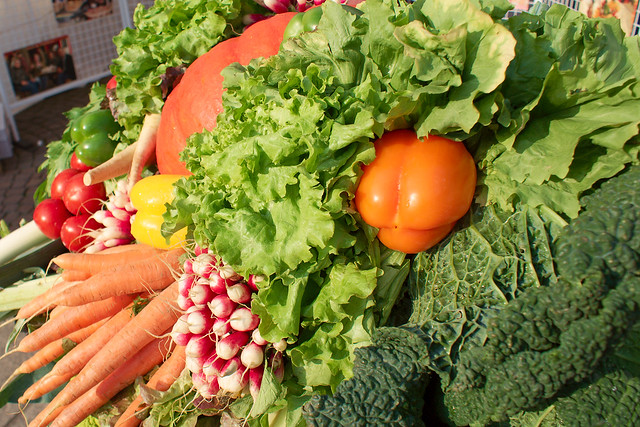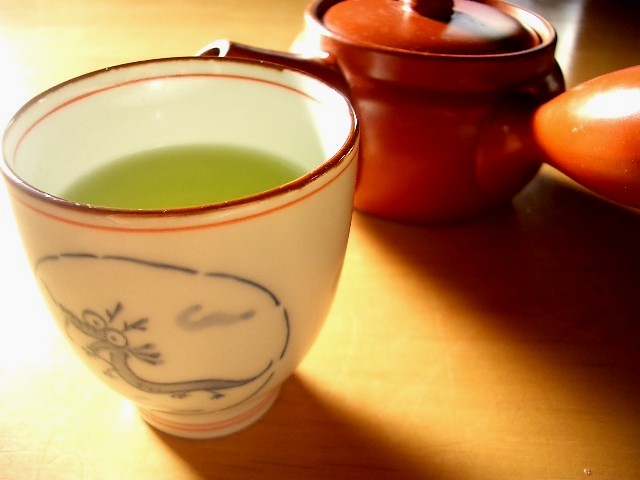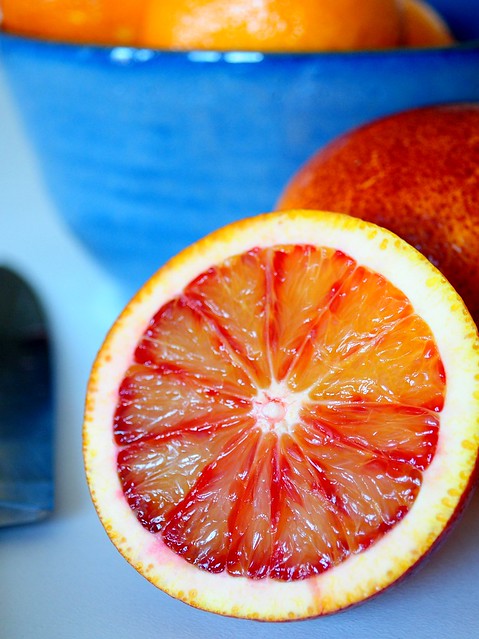 What nutrients does your body require for healthy collagen production? Can you help your skin stay smoother and more supple through your diet? Here are my own food recommendations to help boost collagen production and to keep your skin as young-looking as possible.
What nutrients does your body require for healthy collagen production? Can you help your skin stay smoother and more supple through your diet? Here are my own food recommendations to help boost collagen production and to keep your skin as young-looking as possible.The skinny on collagen
Collagen fibers, which are made from proteins, make up part of our connective tissue. This tissue is part of our skin as well as other materials — tendons, bones, cartilage. Having plenty of collagen is key for firm, smooth skin. As we age production slows, while at the same time there is a tissue breakdown due to free radical activity. Why this waterfall of collagen loss? Well, we absorb less nutrients as we get older (that's why keeping your body in amazing shape with juice cleanses, etc, to revamp the digestion system may not be a bad idea) and we are exposed to more sunlight and environmental toxins, increasing free radical activity over the years. The well-oiled machine of childhood (think of the perfectly smooth skin and silky hair of a child) fades and dulls.
A healthy diet, in theory (why not?), full of amino acids, vitamins, minerals, and antioxidants to support healthy collagen fibers should help. There isn't exactly a lot of research in this area, but for your own benefit, here are the nutrients that may help to boost collagen production and where to find them.
Collagen vitamins and more
First, the amino acids, which are the protein building blocks. World's Healthiest Foods lists proline and lysine as key amino acids. Eggs, wheat germ, and legumes are great sources, as are fish, lean meats, and dairy – essentially, protein. Don't take this to mean that a meaty diet is a skin healthy diet, quite the contrary. You need things like fiber and antioxidants for a beautiful complexion.
My suggestions, start snacking on raw nuts. Prepare beans from scratch once a week (sultry Sunday afternoons?) and then enjoy them throughout the week. Eat tofu, a lot! Go for one to two servings of fish (wild salmon is best) a week. Throw boiled eggs on your salads once in a while. A yogurt a day is a great healthy eating choice, and then enjoy lean meats as your body craves, which for me is about once every couple of weeks.
 Vitamin C and silicon are two other important nutrients for collagen production. Vitamin C is an easy one; berries, citrus, green leafy vegetables, onions, mangos, papayas. Silicon is found in brown rice and oats as well as soybeans, bell peppers, cucumbers, radishes, apples, almonds, and flaxseeds. Herbs such as horsetail, oatstraw, and burdock root are all good sources as well.
Vitamin C and silicon are two other important nutrients for collagen production. Vitamin C is an easy one; berries, citrus, green leafy vegetables, onions, mangos, papayas. Silicon is found in brown rice and oats as well as soybeans, bell peppers, cucumbers, radishes, apples, almonds, and flaxseeds. Herbs such as horsetail, oatstraw, and burdock root are all good sources as well.And finally — antioxidants, which protect your collagen fibers from breaking down. They are found in all the fresh fruits, veggies, nuts, and beans listed above, as well as the queen of healthy skin foods, green tea. Drink a cup a day. It is so worth it.





.jpg)